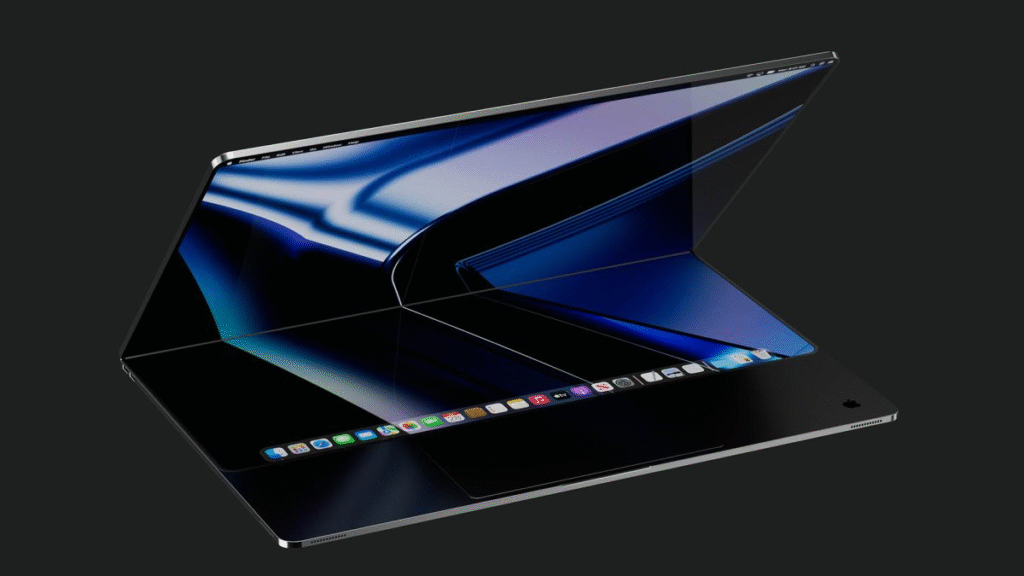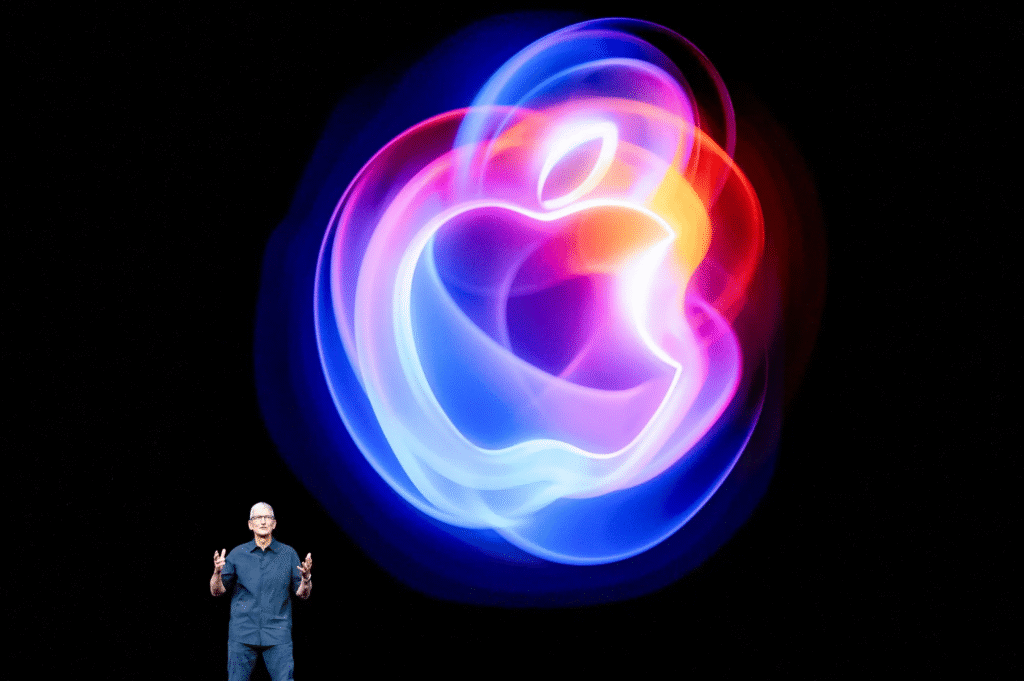Apple faces a critical 18‑month window to refine its Apple Intelligence offerings. Investment firm TD Cowen warns that without compelling AI features, the company may see only moderate earnings growth even as it introduces folding devices and navigates changing tariff policies.
iPhone production ahead of tariffs
TD Cowen’s supply‑chain contacts report that Apple accelerated iPhone manufacturing in early 2025 to avoid a planned 25 percent semiconductor tariff. The firm estimates 48 million iPhones were built in the June quarter rather than the 43 million previously forecast. Shipments remain broadly seasonal, with an expected 54 million in the September quarter and 223 million for the full year.

China sales and Apple Intelligence concerns
Overall iPhone volume is up four percent year over year after a three percent fall the prior year. TD Cowen attributes the slowdown to weak China demand and what it calls an incomplete AI strategy. With Google set to add new AI features to the Pixel 10 on August 20, Apple must deliver similar breakthroughs. The firm sees no meaningful AI boost in the current iPhone 16 line or in the coming iPhone 17 models without a stronger Apple Intelligence rollout.
Folding devices on the horizon
Looking beyond AI, the analysts forecast Apple will unveil an iPhone Fold in September 2026. They anticipate a single‑hinge design and sales of seven to ten million units. TD Cowen also believes Apple is planning an iPad Fold and expects five to six million sold in its first year. These new form factors could drive excitement as AI features catch up.
Production shifts in India and global trends
Apple aims to build over fifty million iPhones in India, but current estimates suggest around forty million. Meanwhile, Samsung is raising its component orders as Xiaomi and Oppo cut theirs due to weaker demand. iPad, Mac, and wearables sales are down low single digits in June but may recover high single digits in September.

Services and Vision Pro performance
TD Cowen expects Services revenue to grow around eleven percent through 2025, driven by subscriptions and app purchases. The Apple Vision Pro headset is forecast to sell sixty thousand units in 2025 rather than the three hundred fifty thousand sold in 2024, reflecting tighter consumer budgets and high pricing.
TD Cowen’s outlook suggests that while Apple’s core hardware shipments will stay stable, its AI ambitions and new device categories will define growth. With 18 months to deliver a compelling Apple Intelligence experience, Apple must align its software vision with innovative hardware like foldable devices to maintain momentum.





